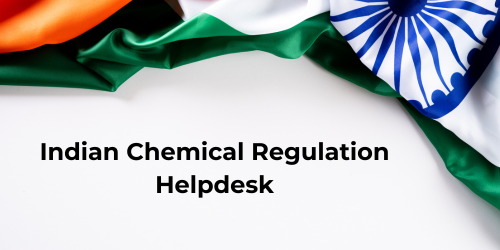Brazilian Chemical Regulation
Brazil REACH
What is Brazil REACH?
In Brazil, there are specific laws that apply to pharmaceutical products, cosmetics, pesticides, sanitizing products, and explosives. However, there is no law applicable to industrial chemicals. In Oct 2018, the National Chemicals Safety Commission (Comitê Nacional Sobre Segurança Química, or CONASQ), along with the Ministry of Environment (Ministério do Meio Ambiente, or MME), published a Preliminary Bill for the Inventory, Evaluation, and Control of Chemical Substances.
The draft law sets provisions for the creation of a national existing chemical substance inventory and for the evaluation and control of chemical substances. It also makes GHS mandatory for industrial chemicals at the workplace.
Draft Chemical Law (Bill 6120/2019)
On 21 November 2019, the draft Chemical Law (Bill 6120/2019) was presented in the Chamber of Deputies. Bill 6120/2019 would require manufacturers, exporters, and importers of chemicals to report the volume of chemical substances annually produced and imported. Furthermore, Safety Data Sheets (SDSs) would have to prepared in accordance with GHS, including recommended uses, hazard classifications, and chemical risk assessment analysis studies for recommended uses. The draft law was approved by the Economic Development, Industry, Trade, and Commercial Services (CDEICS) on 23 November 2022. Now the measure is under consideration by the Commission on Constitution, Justice, and Citizenship (CCJC).
The most important aspects of Bill 6120/2019 are:
- The notification data requirements include substance identity, CAS number, recommended uses, safety data sheet, classification information, and risk assessment analysis for all substances in the Inventory.
- The bill adopts GHS as the mandatory classification system.
- Data related to hazard and risk are not confidential, but substance identity can be confidential in special circumstances.
- Chemicals of unknown or variable composition (UVBCs) must be registered as a single chemical.
- Candidate substances for prioritization include Carcinogenic, Mutagenic and Reprotoxic (CMR), Persistent, Bioaccumulative, and Toxic (PBT) and Endocrine Disruptors. In addition substances that are covered by international agreements or conventions can also be prioritized.
- Manufacturers, exporters, and importers of chemical substances are obliged to provide information to the National Inventory of Chemical Substances.
- Animal testing should be the last resort to determine the hazard of a chemical.
- Non-compliance of the law is subject to administrative sanctions.
- The government is responsible for setting up an Assessment Committee to assess the risks of the substances and recommend risk management measures.
The draft law, Bill 6120/2019, applies to industrial chemical substances on their own, in mixtures or in articles in volumes above 1 TPA. According to Article 3 of the draft law, the following chemical substances are out of scope as they are regulated by other specific laws and regulations:
- Pesticides
- Pharmaceuticals and medical gases
- Cosmetics, toiletries, and perfumes
- Disinfectants
- Products for veterinary uses
- Food and food additives
- Products used for animal feed
- Fertilizers
The draft law is pending on Senate and it is the final steps to be enacted. (Last update: 15April2024)




